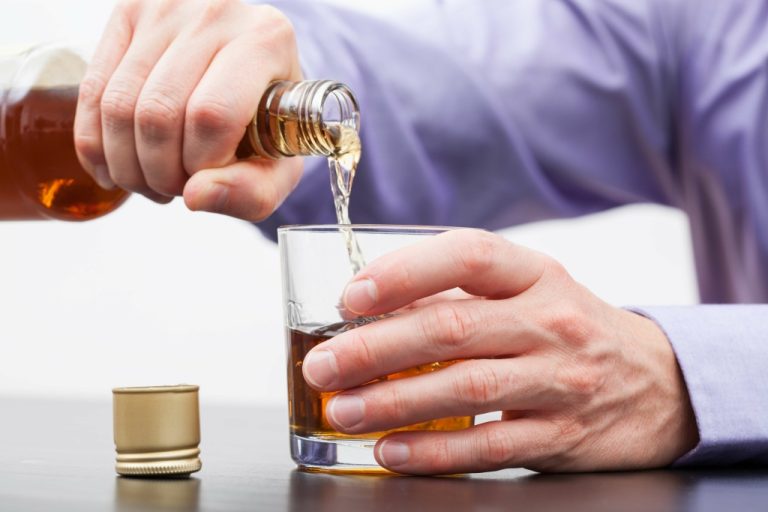Content
This study showed a negative correlation between sugar intake and alcohol consumption. It is known that high carbohydrate consumption may actually create an effect of enhanced serotonin synthesis, which in turn can suppress alcohol intake. However, the same was found to be true with non-carbohydrate substitutes, which have also been shown to suppress voluntary alcohol intake. It may have something to do with the way that sweets stimulate the endogenous opioid system, causing the brain to feel satisfied. People with substance use disorders often experience intense sugar cravings. Recovering alcoholics often crave sugar due to the neurological changes that occur during long-term abuse of alcohol.
- Sugar releases huge amounts of dopamine in your brain, which you used to rely on alcohol to do.
- I haven’t perfectly mastered them all, but it’s getting better, and that’s the most important thing.
- In the early days, we do what we must to stay sober, but at some point, the sugar bug becomes its own kind of monster.
- Normally, the liver stores glucose in the form of glycogen, which is then released into the bloodstream steadily throughout the day to keep your blood sugar levels balanced.
Some people may be concerned about their cravings for sugar and dopamine in early sobriety. There is a tendency in early sobriety to feel the need to instantly become healthy in every aspect of life, including eating habits. Eating too much sugar is a habit that can gradually change as time goes on. The most important things to stay away from are alcohol and drugs.
Why Do People Get Sugar Cravings After Quitting Drinking?
Unfortunately, when a person is recovering from alcohol and turns to sugary foods and drinks to satisfy cravings, they may be unintentionally trading one addiction for another. The following provides an overview of why this occurs, how it affects the body and ways that people in recovery can prevent it from happening. Alcohol stops this from happening, causing your blood sugar to drop. That’s why alcohol withdrawal and sugar cravings happen frequently.
The reason why sugar may play a role in alcoholism is because it can help to replenish the body’s store of glycogen. Glycogen is a type of sugar that is stored in the liver and muscles. It is used by the body for energy, and when it is depleted, people do alcoholics crave sugar can feel tired and weak. Therefore, eating sugary foods can help to boost energy levels and improve mood. Another interesting fact found in another study by Colditz et al. is that consumption of sweets may possibly suppress alcohol intake.
OUR DAY JOB
This leads to a subsequent spike in blood sugar levels, so when we engage in Dry January our blood sugar levels will drop. Effects of sugar addiction on your health and well-being can be far-reaching. In recovery, it’s important for your body to recover from the impact of a consistent lack of nutrients, and consuming large amounts of sugar isn’t going to do the trick.
It is not uncommon for individuals who have a history of substance abuse to not take care of their physical health. Alcohol and drugs in and of itself can wreak havoc on internal organs. For example, heavy alcohol use can affect the liver, heart, brain, and pancreas in a variety of consequential ways. Alcohol use also compromises the immune system and can be a contributing factor of various types of cancer.
Stay Hydrated
That’s why treatment centers like Silver Maple Recovery offer trauma-informed care and cognitive behavioral therapy. Addressing the underlying cause of your behavior can help you overcome a transfer addiction. After you quit drinking, your body knows that it can reach a similar state through sugar. In fact, according to the Journal of Psychoactive Drugs, sugar affects many of the same neural pathways in the brain as alcohol does. You expected discomfort and intense cravings when you quit alcohol, but not this. This type of craving is new, and you can’t get it out of your head.
In recovery, it is not uncommon for people to experience cravings for sugar. While there are many theories as to why this happens, one of the most commonly accepted is that sugar plays a role in alcoholism. Of course, alcohol and sugar cravings can sometimes go hand in hand. If you find that it’s hard to control your drinking without resorting to sugar, there are new ways to limit drinking urges.
Addiction Help is Here
Contact us today to learn more about our treatment programs and how we can help you take the first steps towards a brighter future. Over time, a person can become so desensitized to the pleasure of sugar that they may increase their intake and even experience intense cravings for it. Sugar addiction is a real thing and works similarly to alcoholism. Eating certain foods high in nutrients may help improve mood while foods low in nutritional value and high in sugar may be a hinderance to one’s mood.
